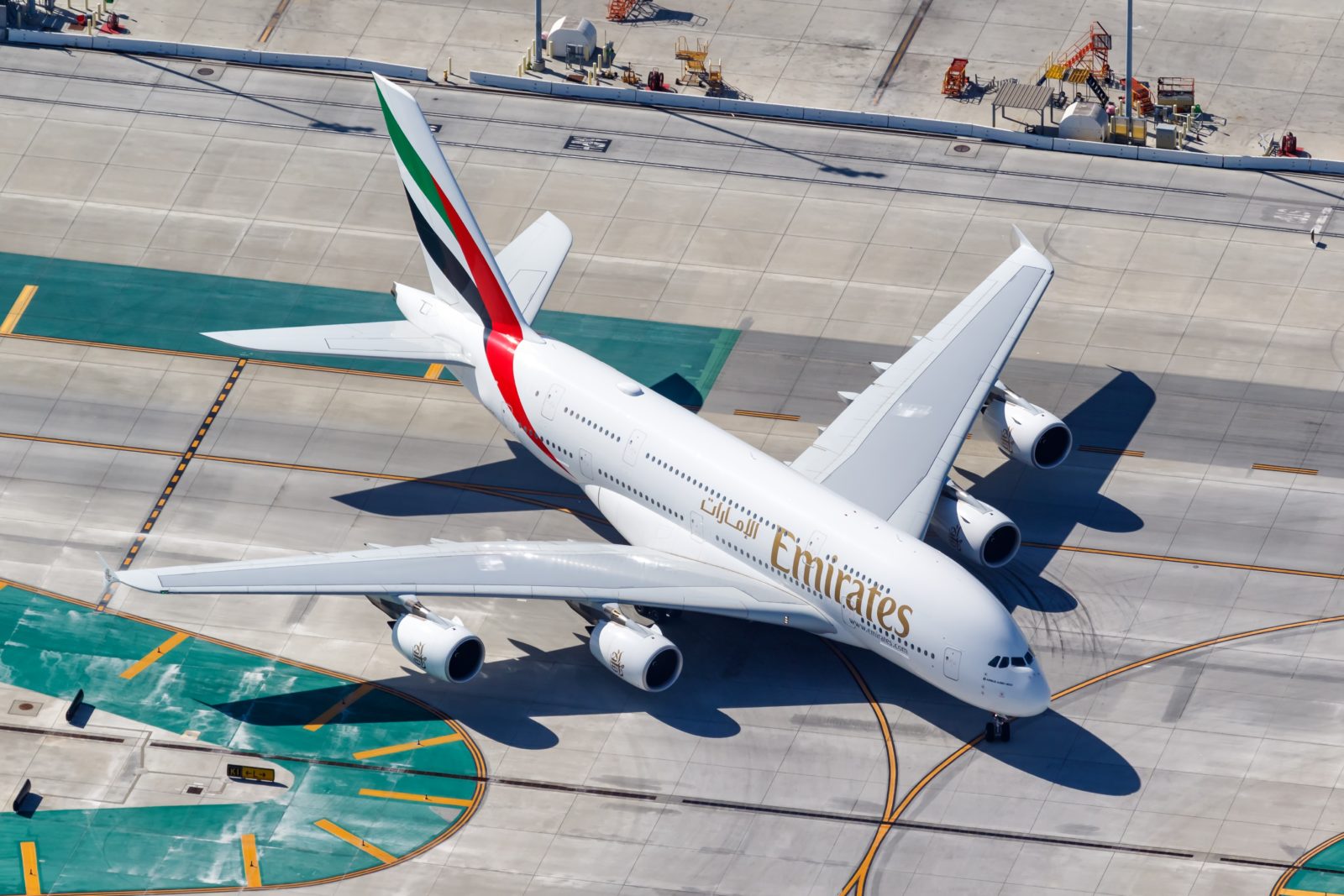
Emirates claims that existing sustainability pathways trumpeted by the airline industry to achieve a bold ‘net zero’ emission target by 2050 aren’t enough and that the entire industry needs better solutions to reduce the impact of flying on the environment.
The warning came as the Dubai-based airline announced a new $200 million fund which will be used for research and development projects that are focussed on reducing the impact of fossil fuels in commercial aviation.
The three-year fund, which Emirates believes is the largest of its kind ever announced by an airline, will not be used to subsidise the carrier’s operating costs, like buying sustainable aviation fuel (SAF) or carbon offsets, because airline president Sir Tim Clark these are ‘business-as-usual’ activities.
“We looked long and hard at the reality we face in commercial aircraft and engine technology, fuel supply chain, and our industry’s regulatory and eco-system requirements,” Sir Tim explained on Thursday.
“It’s clear that with the current pathways available to airlines in terms of emissions reduction, our industry won’t be able to hit net zero targets in the prescribed timeline.”
The International Air Transport Association (IATA), a global trade group which represents the majority of airlines around the world, wants the industry to achieve net zero within the next 27 years – a target that most airlines have now signed up to.
The majority of airlines are hoping that buying more fuel-efficient aircraft that will run on SAF is enough to achieve this ambitious target, but Sir Tim warns that the entire world’s annual supply of SAF currently meets less than 0.1% of the industry’s needs.
Despite operating the world’s biggest fleet of gas-guzzling quad-engined Airbus A380 aircraft, Emirates is expecting newer and more fuel-efficient aircraft o join its fleet in the coming years, including the Airbus A350 and the Boeing 787 Dreamliner and yet-to-be certified 777X.
In the meantime, the airline says it will continue to invest in existing SAF projects and make use of a fuel efficiency programme that looks at ways to reduce unnecessary fuel burn and emissions.
Emirates was careful not to over-promise as it announced the record-breaking R&D fund after several airlines, including regional rival Etihad, were accused of ‘greenwashing’ over hyperbolic sustainability claims.
Last month, Etihad Airways was censored by the British advertising regulator for exaggerated sustainability adverts it plastered over Facebook. The Advertising Standards Authority cautioned airlines that reducing single-use plastics was not “adequate substantiation to evidence a sustainable aviation claim”.
Related
Mateusz Maszczynski honed his skills as an international flight attendant at the most prominent airline in the Middle East and has been flying ever since... most recently for a well known European airline. Matt is passionate about the aviation industry and has become an expert in passenger experience and human-centric stories. Always keeping an ear close to the ground, Matt's industry insights, analysis and news coverage is frequently relied upon by some of the biggest names in journalism.







